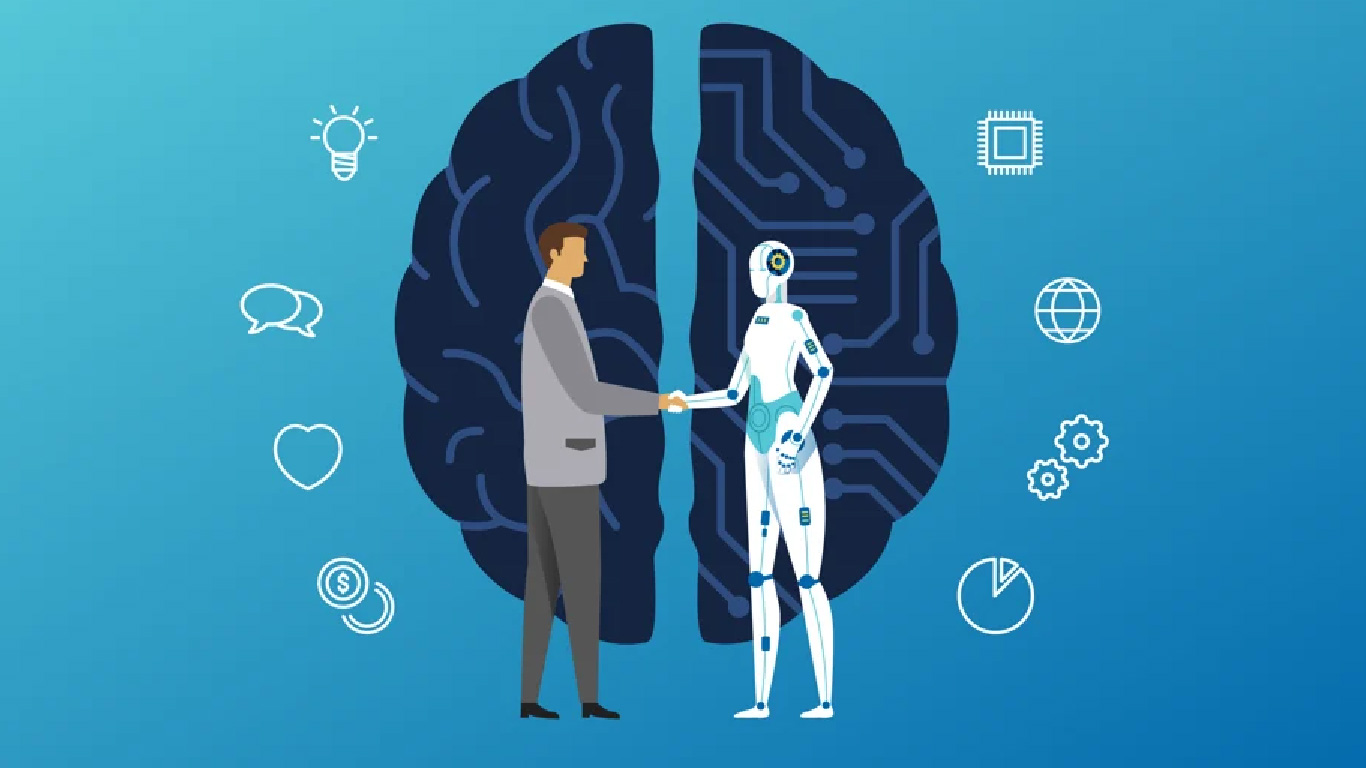What It Is & Why It Matters
In today’s digital-first world, customer service is no longer limited to call centers and long wait times. Artificial Intelligence (AI) has rapidly become an essential tool for businesses looking to deliver faster, more personalized, and more efficient support. But behind every AI-powered chatbot, virtual assistant, or automated agent is one crucial element: data.
AI customer service relies on data at every step. Everything from training algorithms to improving interactions and measuring success. In this article, we’ll break down what AI customer service data really means, where it comes from, how it’s used, and what businesses should keep in mind to use it responsibly.
What Is AI Customer Service Data?
AI customer service data includes all the information collected and processed to enable AI tools to assist customers effectively. This data can be broadly grouped into three main categories:
- Customer Interaction Data:
This covers conversations between customers and AI tools: chat logs, voice transcripts, emails, and messages. It helps the AI understand common questions, problems, and ways customers phrase requests. - Customer Profile Data:
Details like names, account numbers, purchase history, preferences, and demographic information. This data allows AI systems to personalize responses and offer more relevant solutions. - Behavioral and Performance Data:
Data about how customers interact with AI tools. How long they spend in chats, which queries are frequent, and where AI fails to resolve issues. This helps businesses improve their AI models over time.
How Is This Data Collected?
Most AI customer service platforms gather data automatically during each interaction. For example:
- Chatbots save entire chat sessions.
- Voice assistants transcribe and analyze spoken words.
- Support ticket systems store issues, responses, and outcomes.
In many cases, this data is combined with data. Everything from website visits. purchase history to create a complete picture of the customer journey.
How AI Uses Customer Service Data
AI customer service systems rely on this data in several ways:
• Training and Improving AI Models:
Customer interactions help train natural language processing (NLP) models so that AI can understand slang, typos, and context better over time.
• Personalizing Responses:
When AI knows a customer’s history or preferences, it can offer solutions faster and suggest relevant products or services.
• Automating Tasks:
Data enables AI to handle routine tasks automatically. Resetting passwords, checking order status, or answering FAQs.
• Predicting Customer Needs:
With enough data, AI can spot patterns and even predict what a customer might need next. Reminding them about renewals or flagging unusual account activity.
The Benefits of Using AI Customer Service Data
When used correctly, data makes AI-powered service smarter and more valuable for businesses and customers alike. Benefits include:
- Faster response times
- Consistent answers
- 24/7 availability
- Reduced workload for human agents
- Better customer satisfaction through personalization
The Challenges and Risks
Of course, using customer service data for AI comes with serious responsibilities. Some key challenges include:
Privacy Concerns:
Customers share sensitive information during support interactions. Companies must comply with data privacy laws like GDPR or CCPA, and clearly explain how data is collected and used.
Data Security:
Large amounts of stored customer data can be an attractive target for cybercriminals. Businesses must invest in strong security measures to prevent breaches.
Bias & Inaccuracy:
If AI systems are trained on biased or incomplete data, they can produce unfair or inaccurate results. It’s important to monitor AI outputs and regularly refine training data.
Over-Reliance on Automation:
Too much dependence on data-driven automation can lead to robotic interactions that frustrate customers. Companies should always offer the option to speak with a human when needed.
Best Practices for Using AI Customer Service Data
To get the most out of AI customer service data while protecting customers businesses should:
- Be transparent about what data is collected and why.
- Get proper consent when required by law.
- Use encryption and other security tools to protect data.
- Regularly audit AI models to check for bias or errors.
- Combine AI tools with trained human agents for complex issues.
Final Thoughts
AI customer service data is powerful. It fuels the automation and personalization that modern customers expect. However, must be handled with care. Businesses that respect privacy, safeguard data, and balance AI with human support can turn customer service into a true competitive advantage.
In the end, AI is only as good as the data behind it and the people who manage it.
Here is an article that we know you will find interesting. CLICK HERE>
Future is Here… And it just answered your call.
MEET YOUR NEW CALL CENTER.
Find out more about Customer2AI CLICK HERE>





